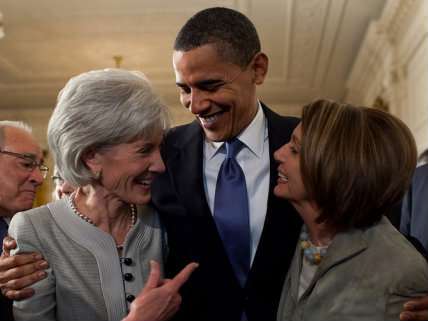The Trouble With the Administration's Obamacare Auto-Renewal Proposal

Earlier today I noted increased projections of volatility in the Colorado health exchange, with about 1 in 4 people now expected to drop their plan at some point next year. The projection is apparently based on feedback from other states, which suggests that the volatility may not be limited to one state.
That provides some context for the Obama administration's recent proposal to auto-renew policyholders in the federal exchange. The move won't stop people who simply quit paying, or who get a job with coverage, from dropping their coverage, but it does create more continuity between coverage years, and nudges people into another coverage term at a time when they might be likely to quit their health plans.
And as Diana Furchtgott-Roth points out at E21, there are some downsides to autonewal:
Health plans are changing, and people might not get the best deal if they are automatically re-enrolled in their current plan. The change will benefit those large insurers that introduced cheap plans in Obamacare's first year with plans to raise premiums later on. Some smaller insurers had planned on undercutting big companies in Obamacare's second year.
Incomes also change, and people should be required to enter their new income in order to receive the correct level of subsidy.
Of course, income verification has proven quite the headache for the administration so far. Last week the Health and Human Services Inspector General reported some 2.9 million inconsistencies, mostly related to income and citizenship, in the federal exchange applications, of which 2.6 million have not yet been resolved.
